Supreme Court bars disqualified Nawaz Sharif from heading PML-N
In verdict of Election Act 2017 case, CJP says person disqualified under Articles 62, 63 ineligible to head a party
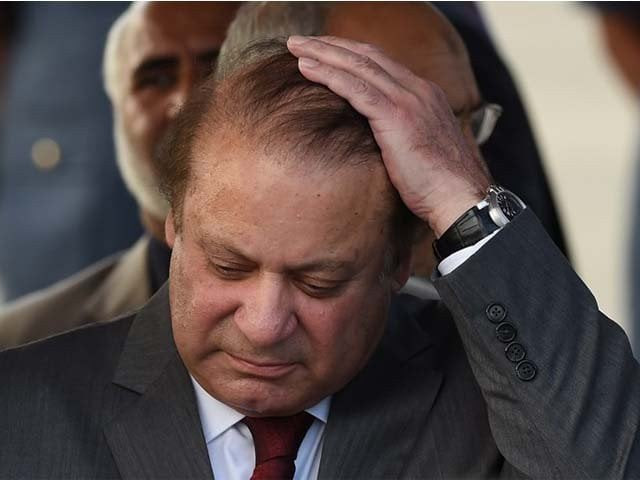
Former PM Nawaz Sharif. PHOTO: FILE
A three-judge bench, headed by Chief Justice Mian Saqib Nisar and comprising Justice Umar Ata Bandial and Justice Ijaz ul Ahsan, issued a short order on Wednesday, on petitions filed against Sharif’s holding of the party position after his disqualification in the Panama Papers case.
In its five-page order, read by Chief Justice Nisar, the court declares that any person who is disqualified under the Article 62 or 63 of the Constitution is barred from holding the position of “Party Head” by whatever name called.
Won’t accept a crook heading a political party: CJP
The disqualified person, the order says , is also prohibited from exercising any of the powers provided in Article 63-A of the Constitution, as “Party Head” or any other power in that capacity under any law, rule, regulation, statute, instrument or document of any political party.
“Such bar and prohibition shall commence from the date of disqualification and continue till such time that the lack of qualification/disqualification of such person continues in terms of the provisions of Articles 62 and 63 of the Constitution”, says the order.
As a result, the order goes on, all steps taken, orders passed, directions given and documents issued by Nawaz Sharif as Party Head after his disqualification on July 28, 2017 are also declared to have never been taken, passed, given or issued in the eyes of the law.
Only people can elect party head, says Salman Akram Raja
Justice Ahsan said a party head has a direct connection with members of the parliament and if a disqualified person heads a party then that disqualified person can also control the lawmakers. “If the party head is polluted then whole scheme is polluted,” he noted.
PML-N leaders react to SC judgement
The apex court’s decision to disqualify Nawaz Sharif as PML-N chief has invited criticism from the ruling party.
Information Minister Marriyum Aurangzeb termed the decision biased. She said the judiciary is only targeting one person…and that is Nawaz Sharif.
Opposition commends, PML-N criticises SC verdict disqualifying Nawaz Sharif as party chief
“The Election Commission of Pakistan is accordingly directed to remove the name of Respondent No.4 (Mian Muhammad Nawaz Sharif) as President/Party Head of Respondent No.3 (Pakistan Muslim League (N) from all relevant record(s),” says the order.
The court said that the Election Act-2017 empowers a party head to perform multifarious functions that have direct nexus with the process of elections to the parliament and to matters relating to the affairs of political parties having parliamentary presence.
The Pakistan Peoples Party (PPP), the Pakistan Tehreek-i- Insaf (PTI) and others had approached the Supreme Court for disqualification of Sharif as the party chief after Panamagate verdict, under Article 62 (1) (f) of the Constitution.
Interestingly, these political parties had failed to evolve a strategy in parliament to stop Sharif from becoming the party head after his disqualification. Later, they challenged the Election Act-2017 in the apex court.
The bench started hearing of case from January 1. Dr Farogh Nasim, Sardar Latif Khosa, Babar Awan and other lawyers argued on behalf of the petitioners, while Salman Akram Raja contested the case on behalf of the PML-N.
Additional Attorney General Waqar Rana also argued the case. Though Nawaz Sharif was a party to this case, he preferred not to engage any counsel to represent him in this matter.
The order says that an elected parliament, adorned with the chosen representatives of the people on the one hand, and the rule of law on the other, is the foundation of democracy under the Constitution.
“Articles 62, 63 and 63-A of the Constitution create an integrated framework for ensuring that business of the Parliament is conducted by persons of probity, integrity and high moral character. These conditions are enforced by Articles 62 & 63 of the Constitution by prescribing qualifications and disqualifications for membership to the Parliament,” the court rules.
The order says that all the laws pertaining to the election to parliament and “to participation in the proceedings thereof are to be read subject to such constitutional provisions in the exercise of the rights guaranteed by Article 17 of the Constitution”.
The court has held that under Article 63-A of the Constitution, the position of a political party head has representation in, inter alia, the parliament and has a central role in the performance of duties by the members of the parliament.
“For rendering such a role, a Party Head must necessarily possess the qualifications and be free of the disqualifications contemplated in Articles 62 & 63 of the Constitution. Therefore, for detailed reasons to be recorded later, these Constitutional Petitions are allowed,” the order says.
“It is held and declared that provisions of Sections 203 and 232 of the Election Act, 2017 are liable to be read, construed and interpreted subject to the provisions of Articles 62, 63 and 63-A of the Constitution,” it adds.
Meanwhile, Justice Asif Saeed Khosa, on Wednesday observed that the Supreme Court never called Sharif as ‘godfather’ in the Panamagate verdict. He lamented that labels and statements were being attributed to judges out of context. “Do not attribute that which has not been said by the apex court in its verdict,” he added.
Earlier on Wednesday, in a surprising turn of events, the Supreme Court ordered the reopening of the three banned sugar mills in South Punjab. The decision was taken after the failure of the settlement between five sugar mills owners and workers.
Now, the three-judge bench headed by the Chief Justice Mian Saqib Nisar, temporarily allowed the banned mills to start operating this season.
The full verdict:
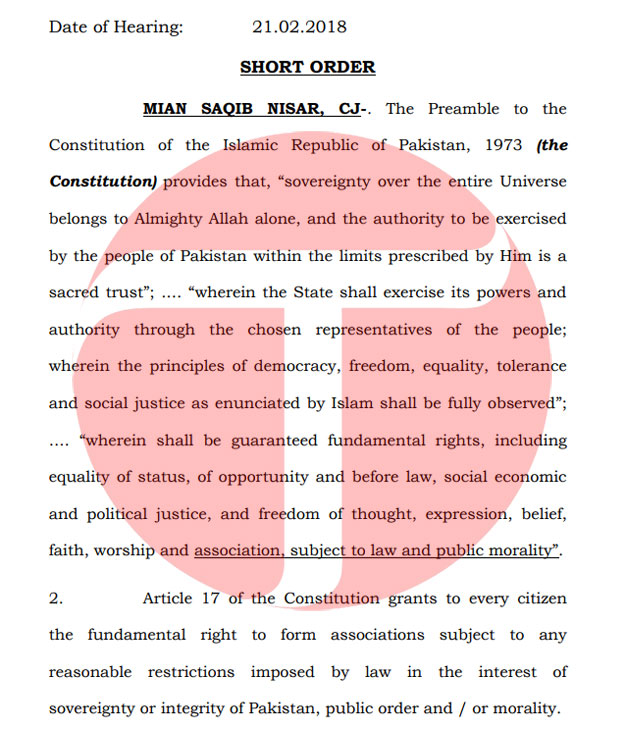
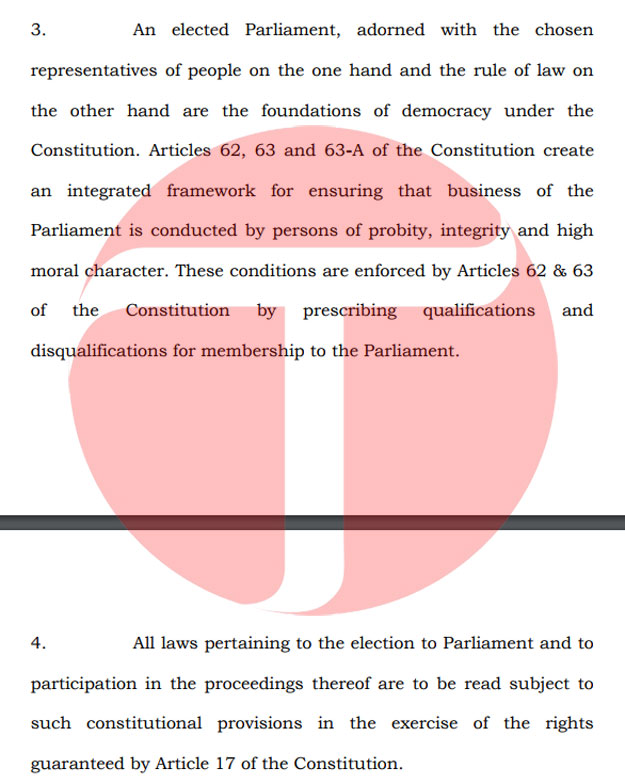
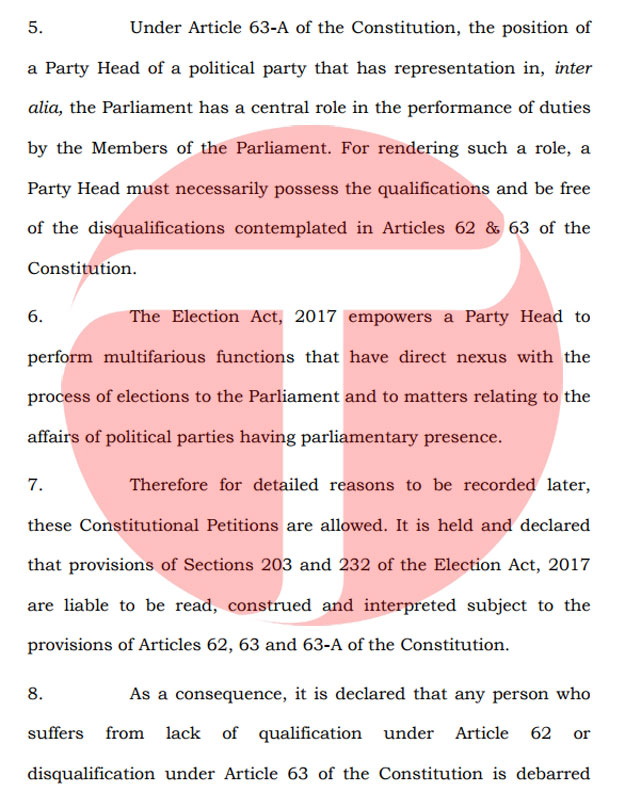
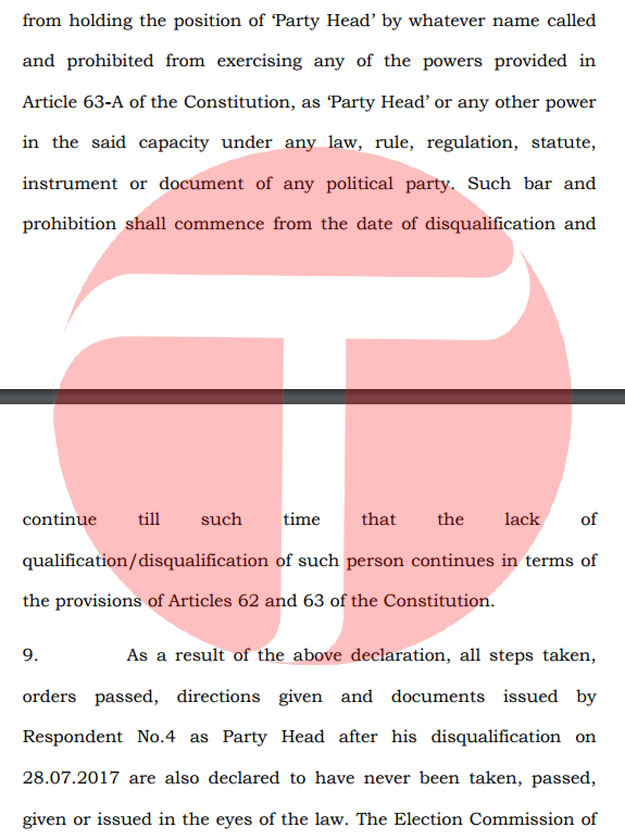
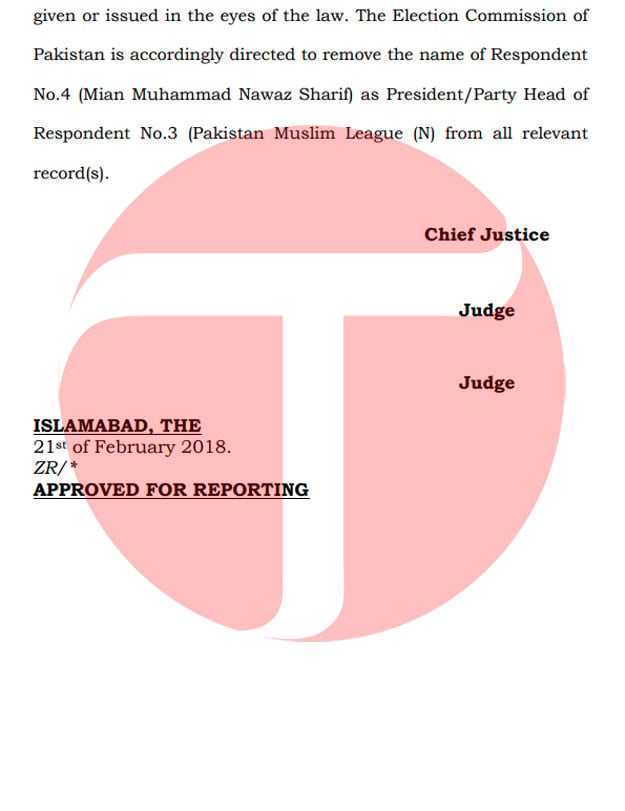




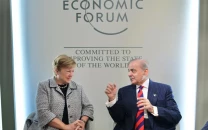














COMMENTS
Comments are moderated and generally will be posted if they are on-topic and not abusive.
For more information, please see our Comments FAQ